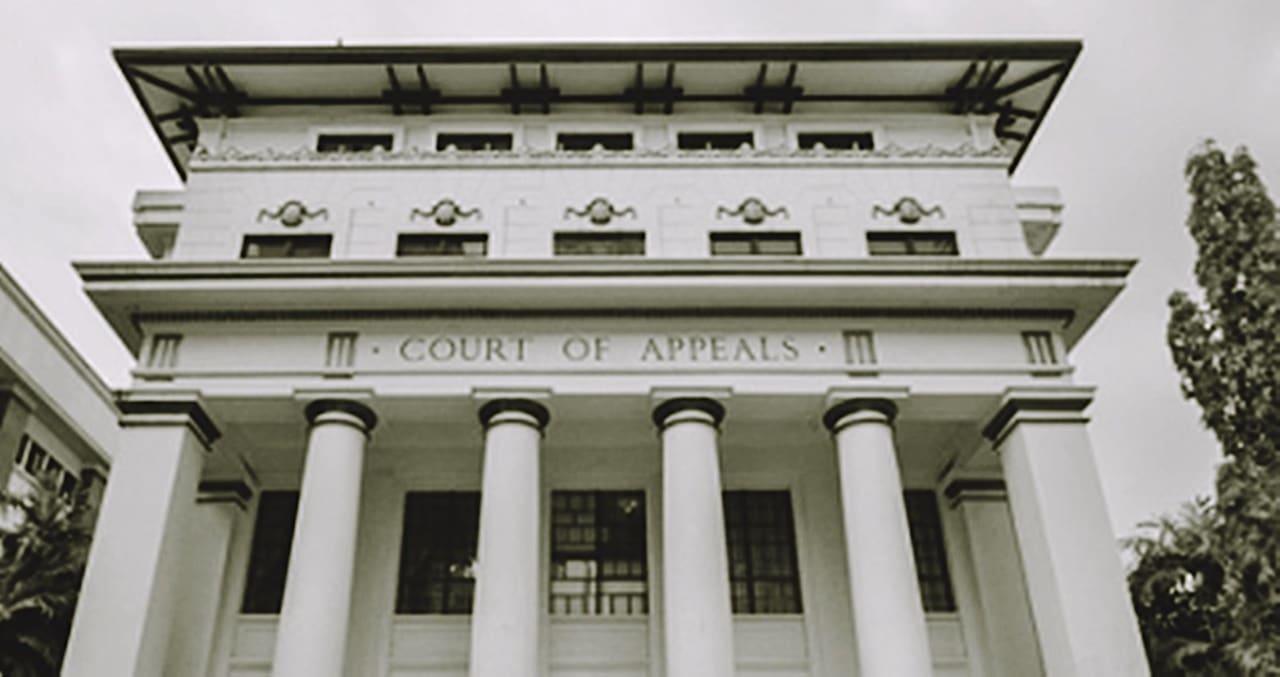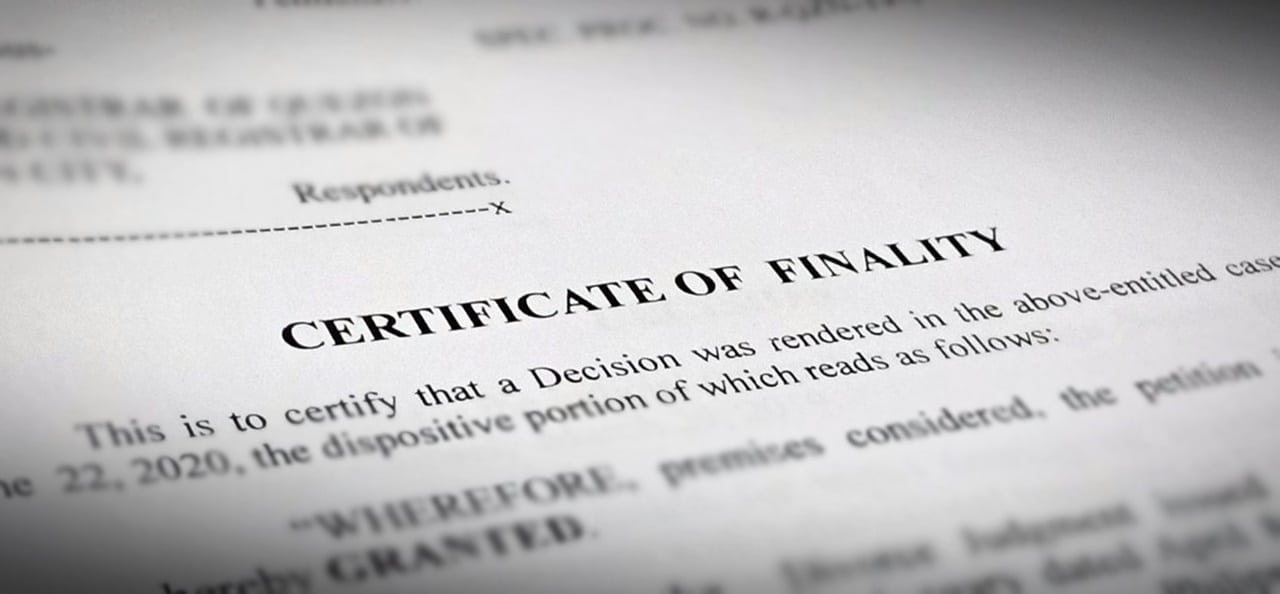Enforcing a Foreign Money Judgment on Property in the Philippines

A foreign money judgment is enforced by a Philippine court.
What if a foreign court renders a decision for a sum of money against someone whose assets are in the Philippines?
Let us say there was a court case in the United States. After trial, one party prevailed and the US court rendered judgment ordering the defendant to pay a certain amount of money to the plaintiff.
If the defendant has assets in the Philippines, how can that US court’s judgment be satisfied from the Philippine property?
This is part of a set of articles on the recognition and enforcement of such judgments.
Contents
- How can a foreign money judgment be enforced on property in the Philippines?
- How can the Philippine assets be located?
- How can you ensure that the defendant does not dispose of or conceal his assets in the meantime?
- What are the requirements in order for attachment to issue?
- Is the trial court’s decision appealable?
- Execution of the judgment can commence once it is final and unappealable
How can a foreign money judgment be enforced on property in the Philippines?

There are always steps to follow before filing the case
A foreign money judgment can be enforced by a Philippine court and satisfied from property located in the Philippines. A court case to enforce the foreign court decision is necessary to accomplish this.
We have written at length on the process of enforcing a foreign court judgment. It requires proving the fact and validity of the foreign court judgment in accordance with the rules of evidence of the Philippine courts.
This has been helped by the Philippine accession to the Hague Apostille Convention in 2019, making it easier to prove foreign public documents in court.
In any event, a case for recognition and enforcement of a foreign judgment must be instituted before a Regional Trial Court in the Philippines. If no early settlement is made between the plaintiff and the defendant, then trial on the merits must ensue for the RTC to render a decision. The eventual decision granting recognition to the foreign court’s judgment can then be enforced against the assets found in the Philippines.
How can the Philippine assets be located?

To know what government agency to implead requires identifying the type assets first.
The defendant may have known assets which can be pursued, but some investigation into public records is often required to identify assets held in the Philippines.
The ownership of shares of stock are recorded at the Securities and Exchange Commission.
The Philippines maintains a real property registry system through the Land Registration Act whereby the various registries of deeds at the local government level maintain public records of the ownership of real property. The effort to centralize this information into a national database remains a work in progress
The Law on Secrecy of Bank Deposits makes deposits of whatever nature with banks or banking institutions in the Philippines absolutely confidential in nature. They may not be examined, inquired or looked into by any person, government official, bureau or office, except upon written permission of the depositor, or in cases of impeachment, or upon order of a competent court in cases of bribery or dereliction of duty of public officials, or in cases where the money deposited or invested is the subject matter of the litigation.
Finding assets has further been complicated by the Philippine Data Privacy Act of 2012, which placed restrictions on access to the information which previously could be used to trace property ownership.
Still, another way is to obtain further information after instituting the court case by availing of the modes of discovery allowed by the Rules of Court. Under the Rules, depositions and interrogatories give broad latitude with which to question the defendant and possible witnesses on these matters.
How can you ensure that the defendant does not dispose of or conceal his assets in the meantime?

The petitioner can apply for preliminary attachment to secure the asset.
Once the case is filed, provisional remedies such as the preliminary attachment of the property can be applied for from the court.
Preliminary attachment is issued upon order of the court through which the properties of the defendant are levied upon and held by the sheriff as security for the satisfaction of the eventual court judgment.
A court can grant preliminary attachment in the following instances:
(a) In an action for the recovery of a specified amount of money or damages, other than moral and exemplary, on a cause of action arising from law, contract, quasi-contract, delict or quasi-delict against a party who is about to depart from the Philippines with intent to defraud his creditors;
(b) In an action for money or property embezzled or fraudulently misapplied or converted to his own use by a public officer, or an officer of a corporation, or an attorney, factor, broker, agent, or clerk, in the course of his employment as such, or by any other person in a fiduciary capacity, or for a willful violation of duty;
(c) In an action to recover the possession of property unjustly or fraudulently taken, detained or converted, when the property, or any part thereof, has been concealed, removed, or disposed of to prevent its being found or taken by the applicant or an authorized person;
(d) In an action against a party who has been guilty of a fraud in contracting the debt or incurring the obligation upon which the action is brought, or in the performance thereof;
(e) In an action against a party who has removed or disposed of his property, or is about to do so, with intent to defraud his creditors; or
(f) In an action against a party who does not reside and is not found in the Philippines, or on whom summons may be served by publication.
What are the requirements in order for attachment to issue?

The affiant executes an affidavit.
An order of attachment is conditioned on the plaintiff posting a bond in an amount fixed by the court. This bond will be answerable for all the costs which may be adjudged to the defendant and all damages he may sustain should final judgment eventually be against the plaintiff.
Aside from the bond, the plaintiff must also submit an affidavit by a person who personally knows that a sufficient cause of action exists, that the grounds for attachment are met, that there is no other sufficient security for the claim, and that the amount due to the applicant or the value of the property the possession of which he is entitled to recover is as much as the sum for which the order is granted above all legal counterclaims.
The court sheriff shall enforce the writ of attachment. The manner of doing depends on whether the asset is movable or immovable property.
The defendant can obtain the discharge of the attachment by posting a cash deposit or a counter-bond in an amount equal to that fixed by the court in the order of attachment. But if the attachment is sought to be discharged with respect to a particular property, the amount shall be equal to the value of that property. In either case, the cash deposit or the counter-bond shall secure the payment of any judgment that the plaintiff may recover in the action. A notice of the deposit shall be served on the plaintiff.
Is the trial court’s decision appealable?

A court’s judgment is appealable to higher courts.
Once judgment is made, appeal from the Regional Trial Court’s decision is a matter of right so that it may be brought before the Court Appeals by either party so long as the appeal is timely made.
The Court of Appeals’ own ruling can be raised to the Supreme Court of the Philippines.
This potentially long process is why resort to preliminary attachment is often advisable, in order to ensure satisfaction of the final judgment when appeals are finally exhausted.
Execution of the judgment can commence once it is final and unappealable

The certificate of finality is issued after the period to appeal has lapsed.
The court’s writ of execution shall specifically state the amount of the interest, costs, damages, rents, or profits due as of the date of the issuance of the writ, aside from the principal obligation under the judgment.
The court officer shall enforce execution of the judgment for money by demanding from the defendant the immediate payment of the full amount stated in the writ and all lawful fees. Payment shall be in cash, certified bank check payable to the plaintiff, or any other form of payment acceptable to the latter. The lawful fees shall be handed under proper receipt to the executing sheriff who shall turn over the said amount within the same day to the clerk of court of the court that issued the writ.
If the judgment obligor cannot pay all or part of the obligation in those forms, the officer shall levy upon his properties, putting them up for public auction. Garnishment may also be availed of so that the court officer may levy on debts due to the obligor, including bank deposits, financial interests, royalties, commissions and other personal property not capable of manual delivery in the possession or control of third parties.






0 Comments